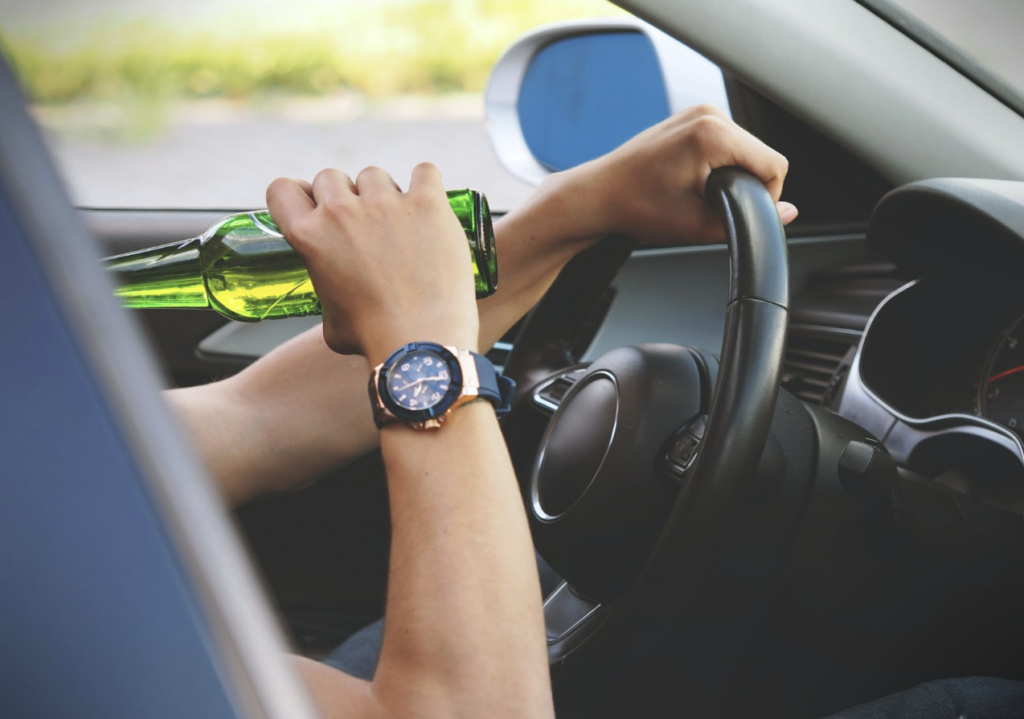
Driving under the influence (DUI) and driving while intoxicated (DWI) are serious offenses that carry severe legal repercussions. While DUI and DWI are often used interchangeably, some states differentiate between them based on the level of intoxication and the substances involved. If you are facing charges related to impaired driving, understanding the consequences and legal procedures is essential. More importantly, securing skilled legal representation, like Catanzaro Law, can make a crucial difference in your case.
DUI vs. DWI: What’s the Difference?
The distinction between DUI and DWI varies by state, but generally:
- DWI (Driving While Intoxicated) typically refers to cases where a driver’s blood alcohol concentration (BAC) exceeds the legal limit (0.08% in most states).
- DUI (Driving Under the Influence) can apply to impairment caused by alcohol, drugs (including prescription medication), or any substance that affects a driver’s ability to operate a vehicle safely.
In New Jersey, the law does not distinguish between DUI and DWI—both are treated as serious offenses under state statutes.
Legal Consequences of DUI/DWI
The penalties for DUI or DWI depend on several factors, including BAC level, prior offenses, and whether any accidents or injuries occurred. Common consequences include:
- First Offense:
- License suspension (often for 3 months to a year)
- Fines ranging from $250 to $500
- Mandatory alcohol education programs
- Possible jail time (up to 30 days)
- Installation of an ignition interlock device in some cases
- Second Offense:
- Increased fines (up to $1,000)
- License suspension for up to 2 years
- Mandatory community service
- Potential jail sentence of up to 90 days
- Third Offense or More:
- Extended license suspension (up to 10 years)
- Significant fines and fees
- Mandatory alcohol rehabilitation programs
- Possible extended jail sentence
Beyond these penalties, a DUI/DWI conviction can have lasting effects on employment opportunities, insurance rates, and overall quality of life.
Legal Procedures Following a DUI/DWI Arrest
When arrested for DUI or DWI, the process generally follows these steps:
- Traffic Stop & Sobriety Test: Officers may conduct field sobriety tests and request a breathalyzer test if they suspect impairment.
- Arrest & Booking: If you fail the tests or refuse to take them, you will be taken into custody and processed.
- Court Appearance: You will have an initial hearing where charges are presented.
- Sentencing or Trial: Depending on the circumstances, you may be offered a plea deal, or your case may proceed to trial.
Why You Need Experienced Legal Representation
DUI/DWI cases can be complex, and penalties are harsh. Having an experienced attorney like Mark Catanzaro on your side is crucial to:
- Challenge the validity of sobriety tests
- Investigate potential procedural errors in your arrest
- Negotiate reduced charges or alternative sentencing
- Represent you aggressively in court
If you are facing DUI or DWI charges in New Jersey, don’t navigate the legal system alone. Contact Catanzaro Law today for expert legal defense and the best possible outcome for your case.